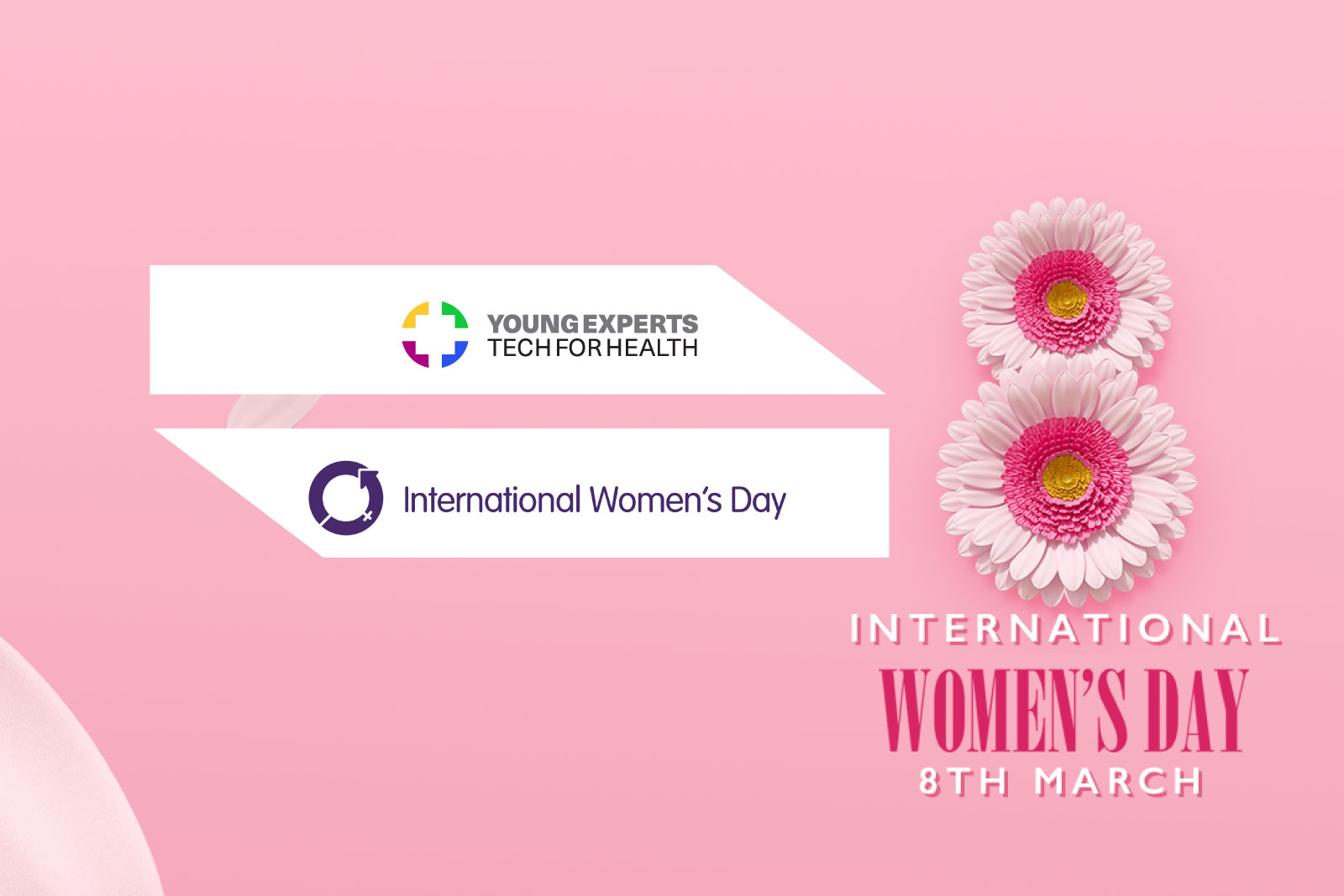YET4H marks International Women’s day

On March 8th 2023, the world marked international women’s day as an opportunity to reflect on progress made towards gender equality, to call for change, and to celebrate women who have played an extraordinary role in the history of their countries and communities. The theme for International Women’s Day 2023 was, ‘DigitALL: Innovation and Technology for Gender Equality’. It sought to recognize and celebrate the women and girls who are championing the advancement of transformative technology and digital education.
Members of YET4H Leveraged on this global commemoration of International Women’s day by highlighting the role of Digital Health in advancing Gender Equality and called on stakeholders to invest in digital health to reach the underserved.
Caesar Kaba Kogoziga believes that ‘’Access to health information and services is an important pillar in the advancement of gender equality. Luckily, Digital Health Presents a major opportunity to advance Universal Health Coverage, especially for underserved women. It is time to respond to this opportunity with urgency.’’
According to Shannon Thom the world is ‘’on the brink of a global data privacy crisis. Technology and the Internet are inextricably intertwined with almost all that we do, and technological advances have outpaced privacy legislation and data governance policy. Stakeholders have an opportunity to take decisive action to champion women’s rights and reproductive justice by tackling one of the most daunting women’s health threats facing the globe, and putting digital privacy – particularly with respect to women’s health – into law.’’
Mohamed El Zemety also stated that ‘’the problem is that digital products are usually crafted for a ‘default’ user that is primarily male, leaving out other genders, their access constraints, their digital literacy levels, and what content is relevant to them. Digital health can advance gender equity but only when we build tech that considers the realities of women, mapping the inequities in infrastructure, facing barriers to access to digital health, and figuring out the most successful strategies to teach digital skills to those in most need.’’
